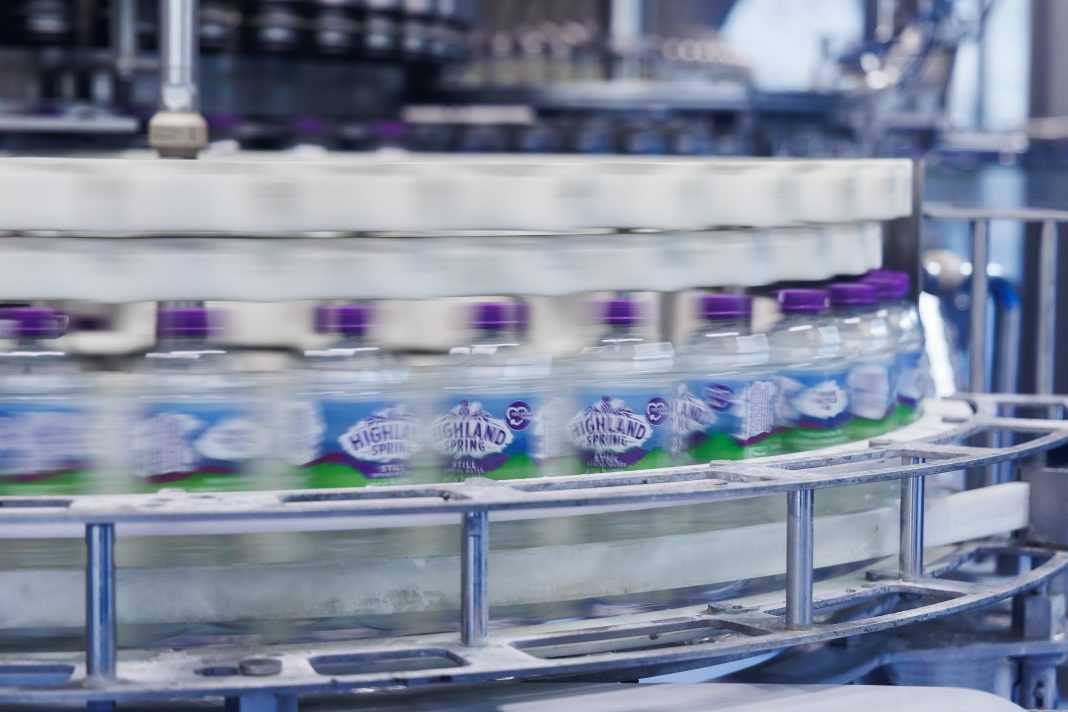Highland Spring Group, the producers of natural source waters, has had its science-based net-zero target approved by the Science Based Target initiative (SBTi) under the new Net-Zero Standard.
In 2021, the business announced its ambitious climate target to reach net-zero emissions by 2040 and set credible and robust science-based targets. The Group says it continues to work collaboratively with suppliers to explore and maximise opportunities to reduce emissions across its entire operations, from source to shelf.
Simon Oldham, Managing Director, Highland Spring Group, said: “Since the business was founded over 40 years ago, our core purpose has been to provide healthy hydration in an environmentally sustainable way. The SBTi verification is an important milestone on our journey to net-zero and demonstrates our commitment to tackling climate change.
“We recognise the vital role companies must play in helping achieve transformation at the pace and scale needed to limit global warming to 1.5oC and we will continue to work hard on our strategy to create a positive impact for people, society and the planet.”
Highland Spring Group’s targets are as follows:
Overall Net-Zero Target
- Highland Spring Group commits to reach net-zero Greenhouse Gas (GHG) emissions across the value chain by 2040 from a 2019 base year.
Near-Term Target
- Highland Spring Group commits to reduce absolute scope 1 and 2 GHG emissions 50% by 2030 from a 2019 base year. Highland Spring Group also commits to reduce absolute scope 3 GHG emissions 46.2% within the same timeframe.
Long-Term Target
- Highland Spring Group commits to reduce absolute scope 1, 2 and 3 GHG emissions 90% by 2040 from a 2019 base year.
The business continues to go further through on its journey towards net zero with the introduction of innovative new projects including the recent launch of a new rail freight facility in Blackford which will remove 8,000 lorries from the road and contribute towards a CO2 reduction of 3,200 tonnes per annum.


